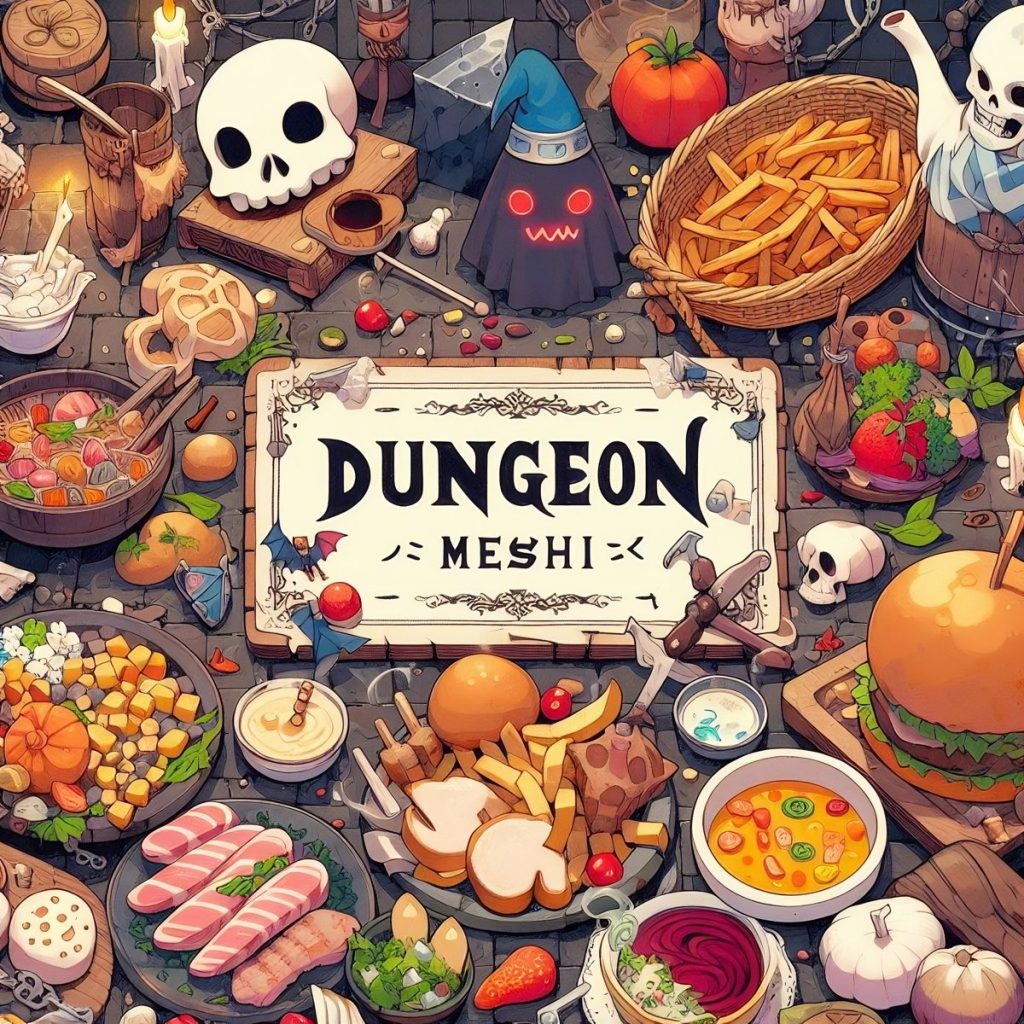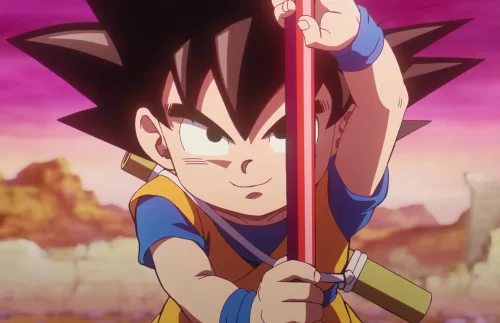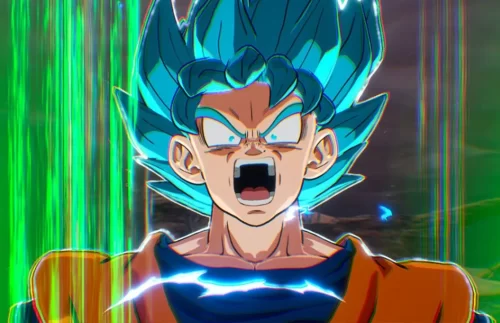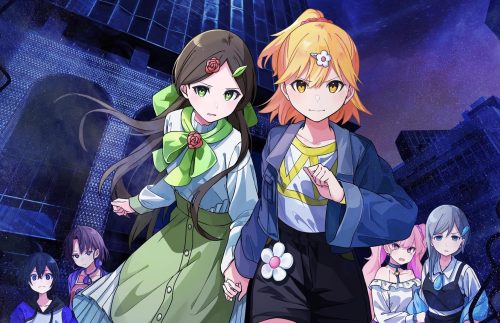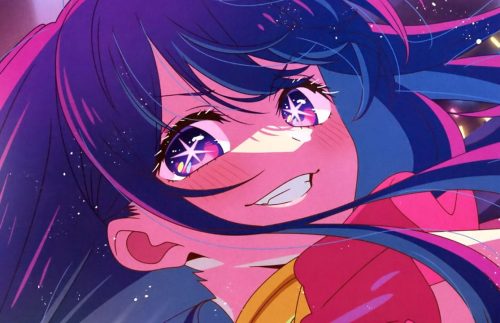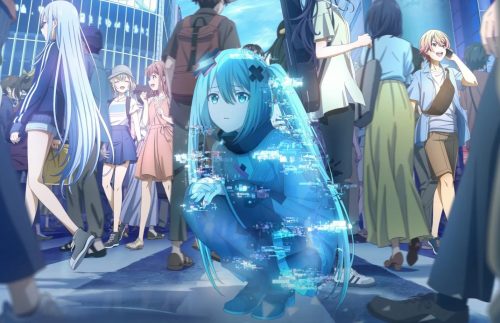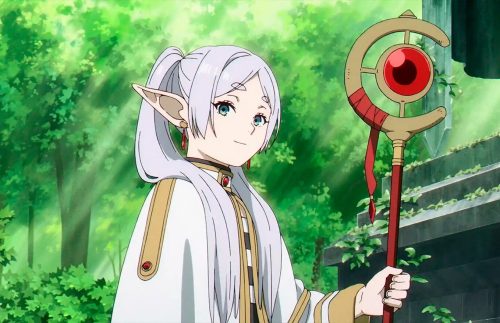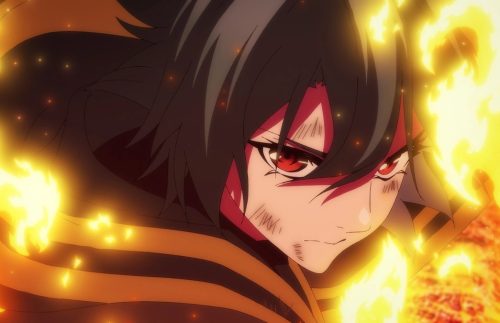The acclaimed manga series “Dungeon Meshi” (“Delicious in Dungeon“), created by Ryoko Kui, follows a group of characters who explore the world of food and cooking in a universe inspired by role-playing games and Western fantasy. Although the gourmet dishes, often strange but appetizing, are the focus both in the manga and its successful anime adaptation, its author is not a food enthusiast, but quite the opposite.
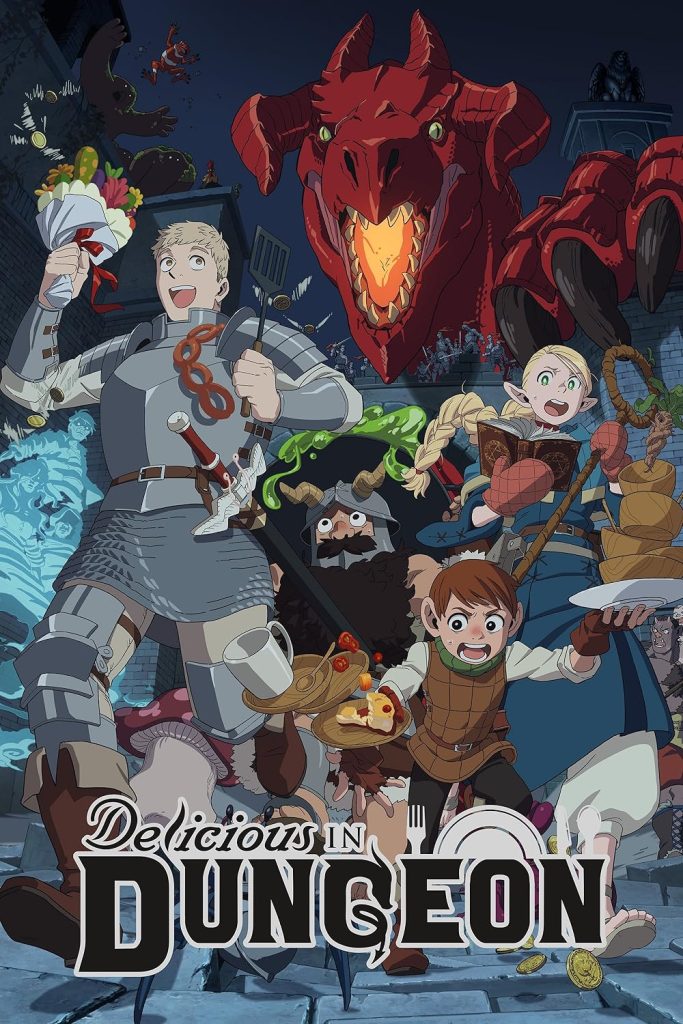
In an interview with Denfaminicogamer, Kui revealed that although “Dungeon Meshi” is influenced by some of her passions, such as video games and Western fantasy, the main theme of the series is more connected to her personal struggles with food and interpersonal relationships. While Kui had previously mentioned in Western media that she is rather a picky eater, the story behind this is much deeper.
Kui explained that from the beginning she decided that “Dungeon Meshi” would revolve around “shokuiku”, which translates as “food education”. Although at that time there were several manga focused on gastronomy, few focused on the educational aspect, something that for Kui had a special meaning. “I have a strong resentment towards food,” confessed the author. “Since I was a child, I have always been extremely picky with what I ate, and meal times were a battle for me. I hated eating in front of others, and for a while, I even found it bothersome to see other people eat. I used to look for places where there were no people, like seldom-used bathrooms, so I could eat there.”
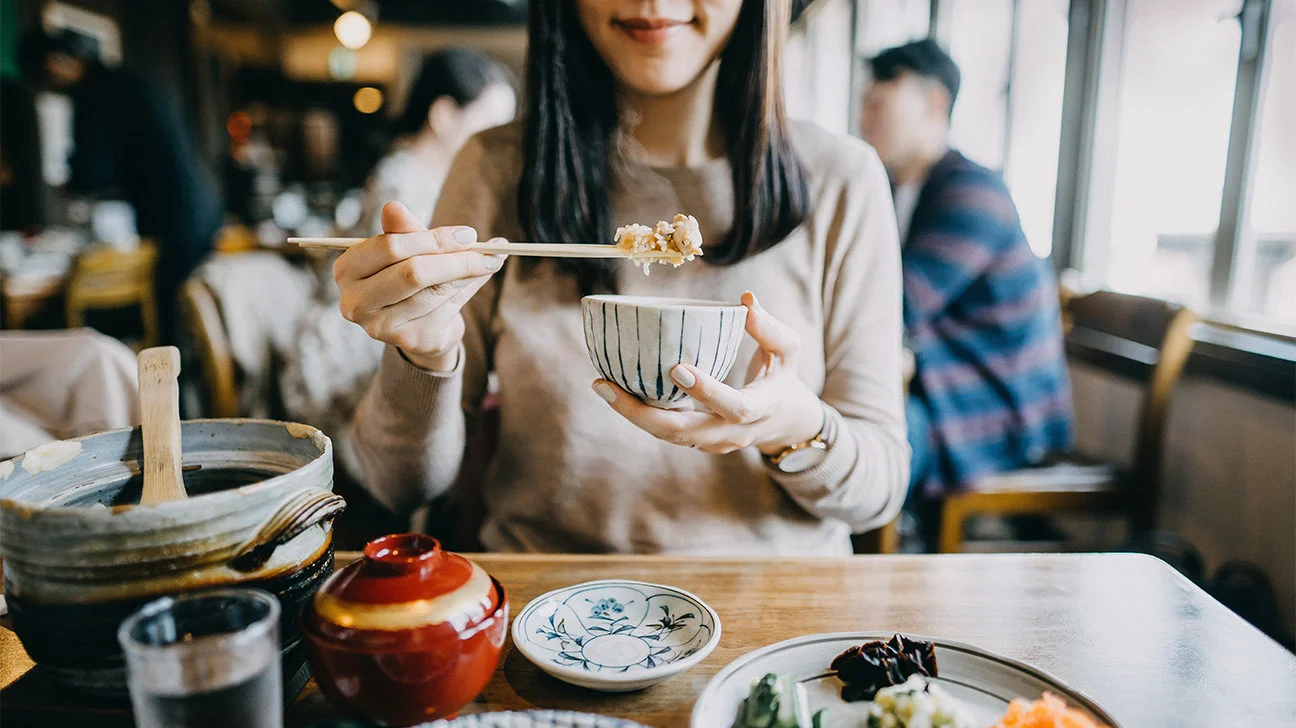
This last confession probably refers to the practice of eating in school bathrooms, an experience the author relates to the concept of “benjo meshi” or “bathroom dining”. Kui mentioned that she felt relieved to discover she was not the only one going through that situation, as she had always felt a deep discomfort about it.
Returning to the topic of food education, Kui shared that, although her parents did their best to instill knowledge about nutrition and eating techniques, such as the “nutritional pyramid”, she never managed to put these learnings into practice. This generated in her a deep feeling of guilt in relation to food and the act of eating. Kui‘s editor commented that, in a sense, “Dungeon Meshi” emerged from a very negative place. Fortunately, the author seems to be learning to enjoy food, although her ability to write and draw about something she dislikes so much is intriguing.
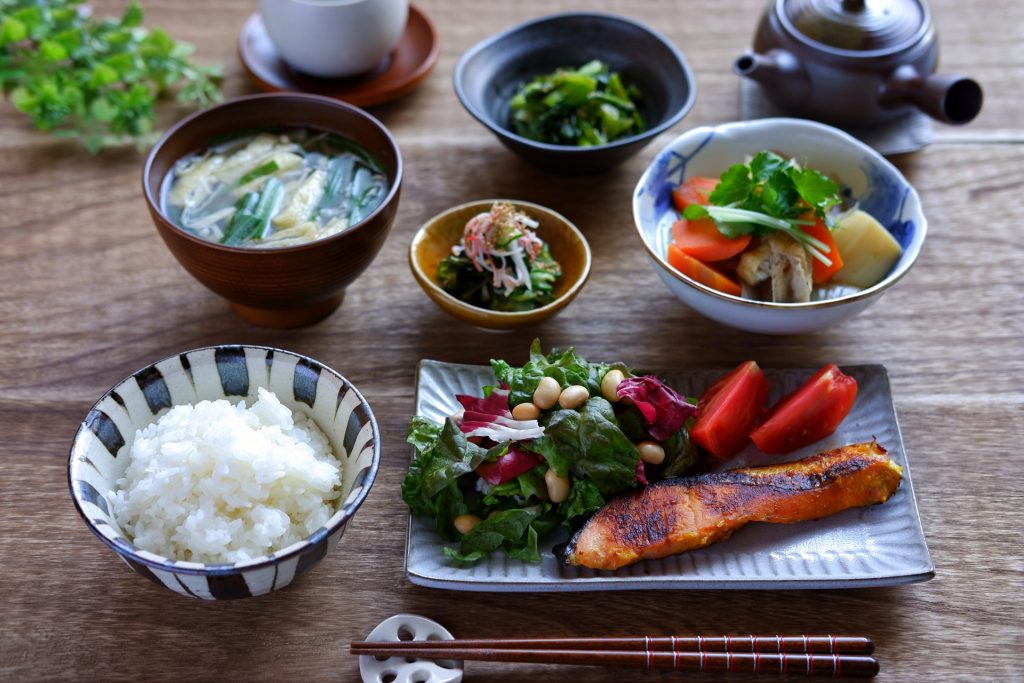
Kui noted that, just like with things she is passionate about, she also spends a lot of time thinking about things she does not like. “There are many things that I draw precisely because I do not like them,” she said, adding interpersonal relationships, clothing, and “modern times” to the list. In addition, exploring in her manga the aspects she does not like allows her to “look for the positive in them” and, occasionally, make new discoveries.
In this sense, the author of “Dungeon Meshi” even mentioned that “it scares her” to focus only on what she likes. She summed up these feelings with a powerful message about creative work: “What you decide to capture with your camera is important, and, of course, it is not necessary to focus on something unpleasant. But if you want to expand your world, I think it’s important to remain aware of all the uncomfortable, dirty, and unpleasant things that are out of your field of vision.”
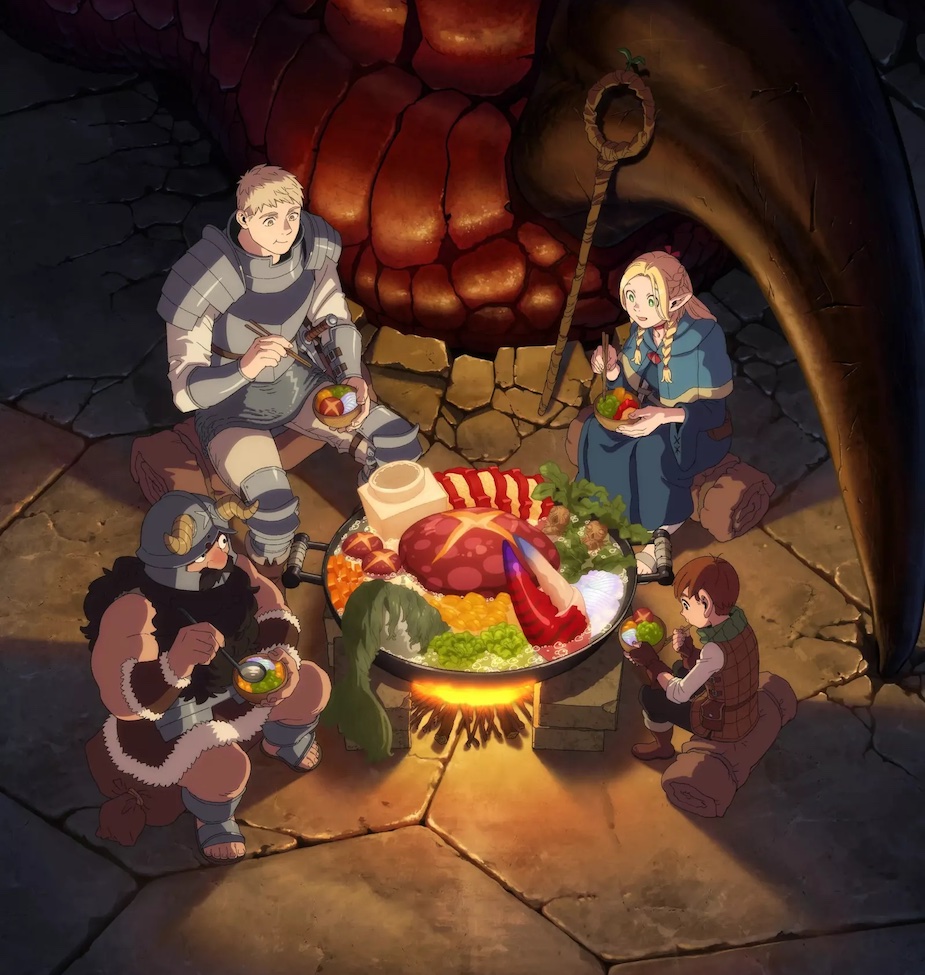
As we mentioned before, many of the best-known anime, manga, comics, or even movies and games have their origins in the least expected places; a family memory, a bad moment, an excellent moment, a childhood trauma, a lost love, or the greatest joy of your life… If you look over the net, you’re sure to find more references to what I’m saying, but for now, how about you head to the comments and let us know your opinion about this? You know, we’ll be reading! 🙂
Info & Images Source: DenfaminicoGamer, Kudasai
